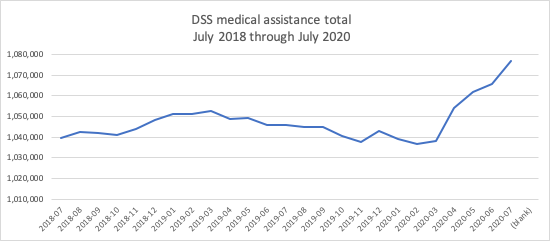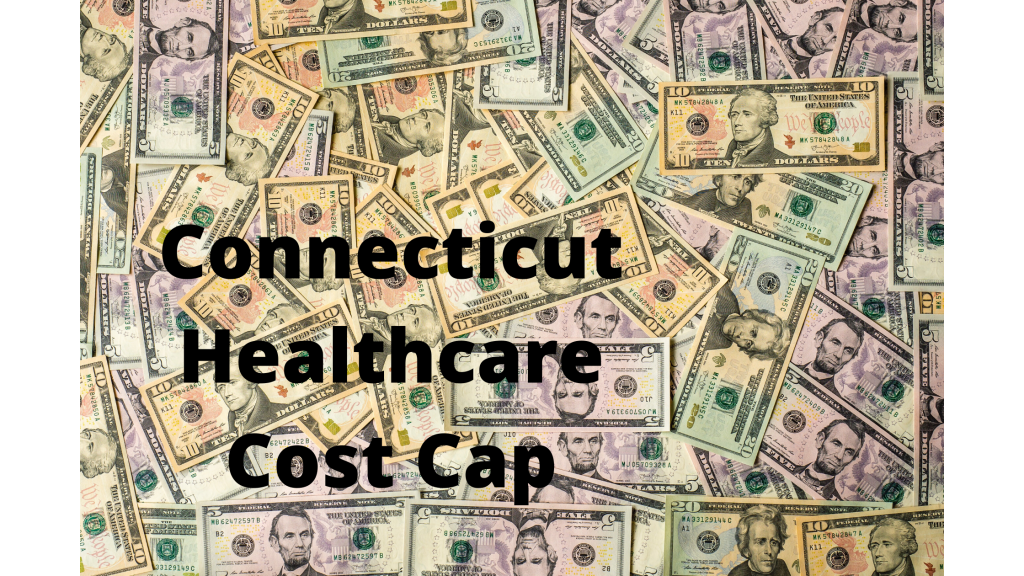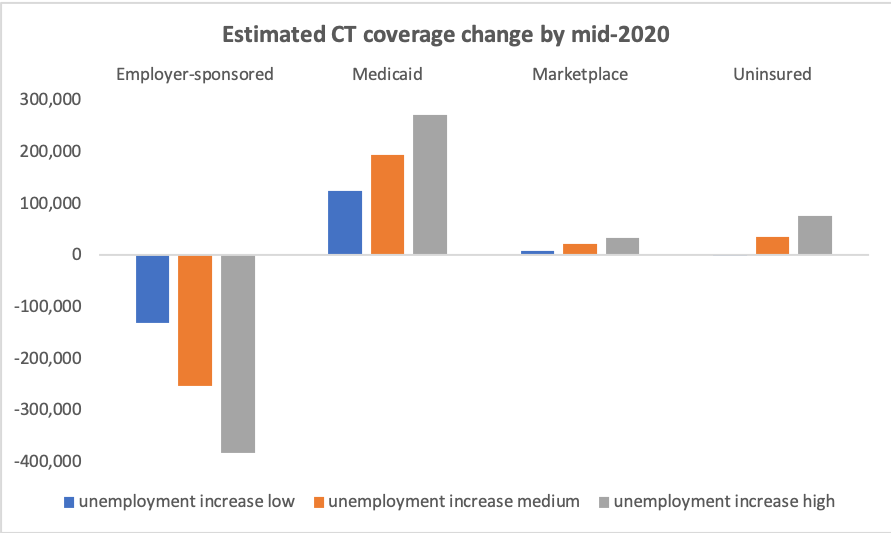Health Coverage
Medicaid rolls up 3.9% since February
The number of people getting medical assistance through the state is up by 40,158 or 3.9% from February to last month, according to new numbers from DSS. This was expected as people lose jobs and the employer-sponsored coverage that comes with those jobs. With less income more state residents were expected to qualify for Medicaid.…
Read MoreBook Club: Deaths of Despair and the Future of Capitalism
By Anne Case and Angus Deaton Reversing a century of progress, life expectancy has fallen for three years in a row but only in the US. Rising rates of suicide, drug overdoses and alcoholism are largely to blame. There were early media reports about the trend, but this detailed yet readable book goes much farther.…
Read MoreCost Cap committee considers who qualifies for increased primary care spending
In response to stakeholder feedback that the prior Cost Cap levels were unrealistic and risk unintended harm to patients, at their last meeting the Office of Health Strategy’s Cost Cap committee slightly softened the cap levels. The committee continued their discussion of which providers qualify as primary care providers. OHS wants to significantly increase the…
Read MoreHelp for CT’s uninsured
With the recent spike in unemployment, many more Connecticut residents will be joining the thousands that were uninsured pre-COVID looking for healthcare coverage. The state has some new options to help. Check AccessHealthCT. You may be surprised to find that you qualify for HUSKY which is comprehensive, free, and includes most Connecticut providers. You may…
Read MoreCTNJ: Forecast Estimates More Than 100,000 New CT Medicaid Members
According to modeling by Health Management Associates, the COVID-19 pandemic could raise Connecticut’s Medicaid rolls 15% to 32% by mid-2020, depending on how much unemployment grows. Connecticut residents with employer-sponsored coverage could drop by 130,000 to 382,000 and Access Health CT coverage could grow by 8,000 to 33,000. Uninsured could rise by 77,000. Read more
Read MoreIs Connecticut ready for COVID-19?
Almost half (45%) of Connecticut adults have one or more clinical risks that could complicate COVID-19 infections, very close to the US average of 44%, according to a new report from the Commonwealth Fund. The report compares states across clinical risk factors of adults, state health system capacity, insurance coverage and other cost barriers to…
Read MoreNew state health data updates – over one in six CT residents have high medical cost burden
According to State Health Compare’s updated data, 18.1% of Connecticut residents had out-of-pocket health costs that were more than 10% of their family income in 2018. That is up from 17.8% the year before while the burden on the rest of the US went down. While Connecticut’s rate is bad, it’s better than the US…
Read MoreIs CT healthy or not? Different rankings with different messages
Health rankings are all about definitions and what you measure — an important lesson with broad implications. A new health ranking of US cities by Wallet Hub is not great news for Connecticut. Of America’s 174 most populous cities, Bridgeport is #88 and New Haven is #98. Five cities in surrounding states are healthier than…
Read MoreCTNJ – Op-Ed: The Individual Mandate Was Never Necessary, But Connecticut Knew That
Arguably the most contentious part of the Affordable Care Act (ACA), the individual mandate, requiring every American to secure healthcare coverage, appears to have made little difference since Congress removed the penalty last year. Connecticut considered passing a state-level individual mandate both before the ACA and more recently as the ACA has been in peril.…
Read MoreFive healthcare issues to follow in 2020
What Connecticut can do in an election year, with a tight budget, in an unsettled economy, and Washington in gridlock Download the details ACOs and provider financial risk Accountable Care Organizations (ACOs) are large and growing systems that touch every aspect of healthcare. They make money by reducing their patients’ care costs. Unlike insurers, ACOs…
Read More








